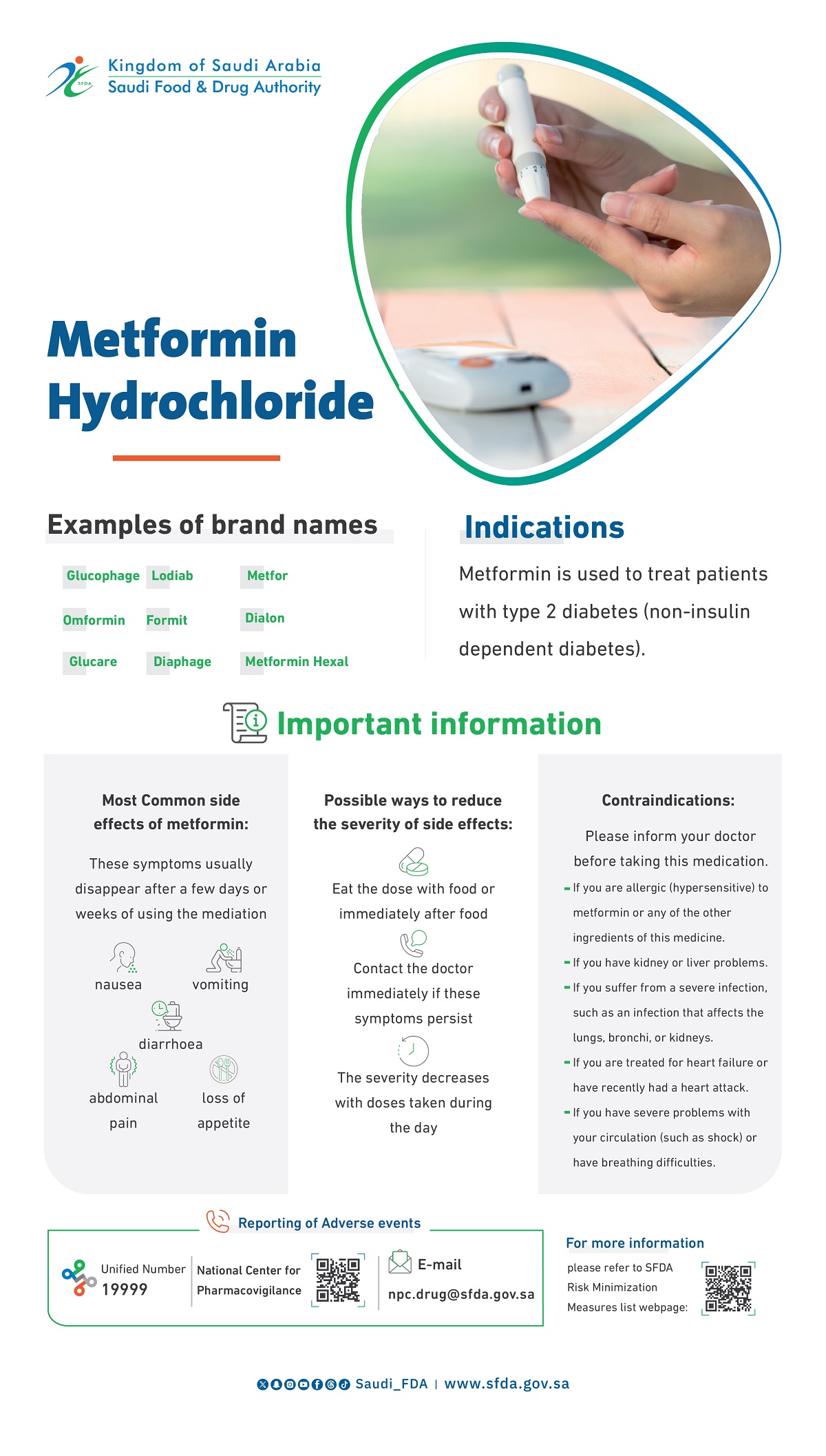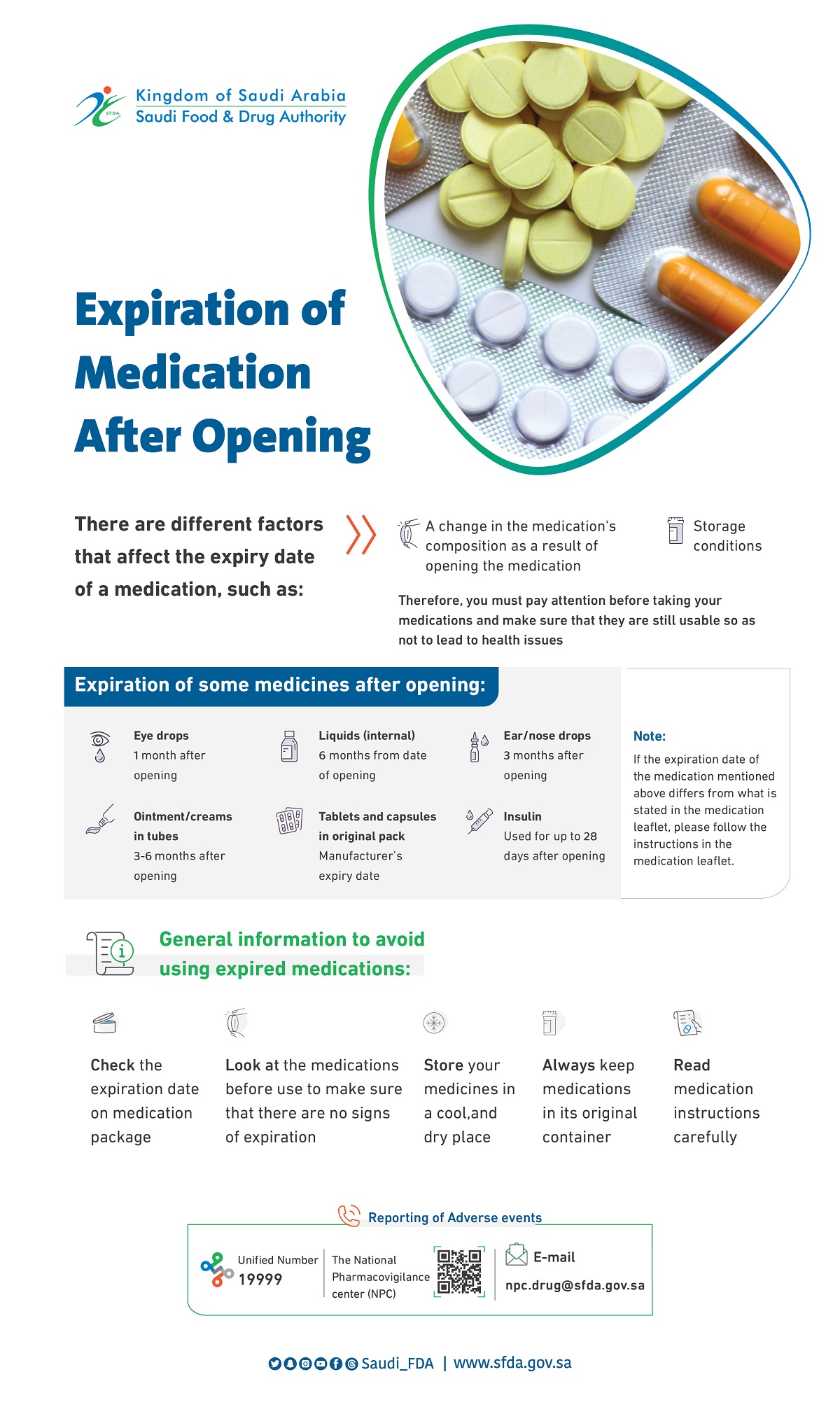

-
About SFDA
About SFDA
SFDA in vision 2030
Authority Strategy
Career and Life
- Information Lists
-
Areas
- Consumer Corner
- Media Centre
- Eservices
Biochemical and Stone-Risk Profiles With Topiramate Treatment
Biochemical and Stone-Risk Profiles With Topiramate Treatment
Biochemical and Stone-Risk Profiles With Topiramate Treatment
2006-12-06
Topiramate is a novel neuromodulatory agent commonly prescribed for the treatment of seizure disorders and for migraine headache prophylaxis. Calcium phosphate kidney stones have been observed with topiramate treatment, but a comprehensive elucidation of stone-risk profile was not reported previously. This study explores the relationship between topiramate treatment and propensity for kidney stone formation. Methods: Thirty-two topiramate-treated subjects and 50 healthy volunteers participated in a cross-sectional study in which serum chemistry test and 24-hour urine collection results were evaluated for stone risk. Furthermore, a short-term longitudinal study was conducted in 7 patients to assess stone risk before and 3 months after topiramate treatment. Results: Serum bicarbonate levels were lower with topiramate treatment. Urinary pH, urinary bicarbonate excretion, and fractional excretion of bicarbonate increased, whereas urinary citrate excretion was significantly lower (737 ± 329 versus 278 ± 226 mg/d; P < 0.001). Net acid excretion did not change. The relative saturation ratio for brushite increased with topiramate treatment (3.14 ± 1.69 versus 1.27 ± 1.26; P < 0.001) because of urinary alkalinization and decreased urinary citrate levels. Urinary saturation of undissociated uric acid decreased (41 ± 52 versus 76 ± 60 mg/d; P < 0.001). Conclusion: Treatment with topiramate causes systemic metabolic acidosis, markedly lower urinary citrate excretion, and increased urinary pH. These changes increase the propensity to form calcium phosphate stones.
American journal of kidney diseases source:
American journal of kidney diseases source:




